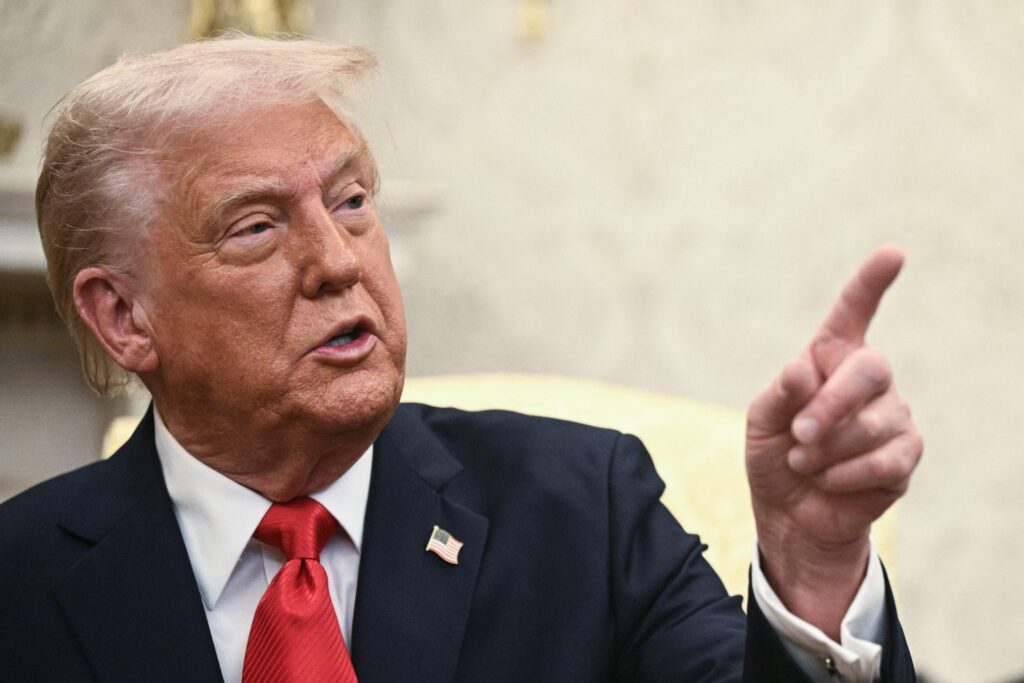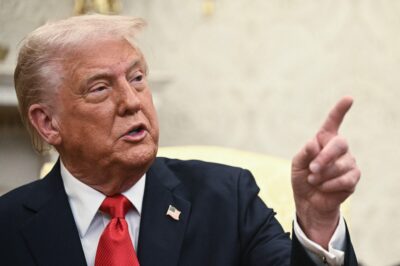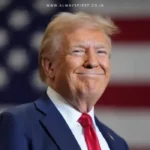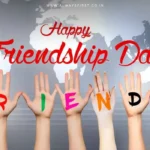
In a significant development in U.S.-Iran relations, President Donald Trump has issued a stern warning to Tehran, demanding that it abandon any ambitions of developing nuclear weapons or face potential military consequences. This statement comes amid ongoing diplomatic efforts and heightened tensions surrounding Iran’s nuclear program.
Diplomatic Engagements and Rising Tensions
Recently, U.S. Special Envoy Steve Witkoff engaged in talks with Iranian officials in Oman, which both parties described as “positive” and “constructive.” A follow-up round of discussions is scheduled to take place in Rome. Despite these diplomatic efforts, President Trump has expressed skepticism about Iran’s commitment to the negotiations, accusing Tehran of deliberately delaying the process. He emphasized that Iran is “fairly close” to developing a nuclear weapon and warned that military options remain on the table if Iran does not cease its nuclear pursuits.
The U.S. Position on Iran’s Nuclear Program
President Trump has been vocal about his stance on Iran’s nuclear ambitions. He has consistently maintained that Iran must not be allowed to acquire nuclear weapons. In March, he sent a letter to Iran’s Supreme Leader Ayatollah Ali Khamenei, urging for renewed nuclear talks and warning of “very ugly consequences” if negotiations fail. Trump’s administration has also reinstated a “maximum pressure” campaign on Iran, reimposing sanctions and emphasizing the need for a comprehensive agreement that addresses not only Iran’s nuclear program but also its missile development and support for regional militias.
Iran’s Response and Regional Dynamics
Iran has consistently denied any intentions of developing nuclear weapons, asserting that its nuclear program is for peaceful purposes. The Iranian government has also criticized the U.S. for its “maximum pressure” strategy, labeling it as counterproductive. In response to the renewed U.S. stance, Iran’s Foreign Minister Abbas Araghchi is scheduled to visit Russia to discuss the nuclear negotiations, highlighting the involvement of other international actors in the diplomatic process.
International Perspectives and Strategic Alliances
The international community remains divided on the issue. While some European nations advocate for continued diplomatic engagement, Israel has expressed strong support for President Trump’s approach, emphasizing the need for a firm stance against Iran’s nuclear ambitions. Israeli Prime Minister Benjamin Netanyahu has called for a “Libya-style” solution, referencing the 2003 disarmament of Libya’s weapons of mass destruction program. This alignment between the U.S. and Israel underscores the strategic partnership between the two nations in addressing regional security concerns.
The Path Forward: Diplomacy or Confrontation?
As the situation unfolds, the critical question remains whether diplomatic efforts will yield a resolution or if tensions will escalate into conflict. The upcoming talks in Rome will be pivotal in determining the future trajectory of U.S.-Iran relations and the broader Middle Eastern geopolitical landscape. The international community watches closely, hoping for a peaceful resolution but preparing for all eventualities.








































Leave a Reply